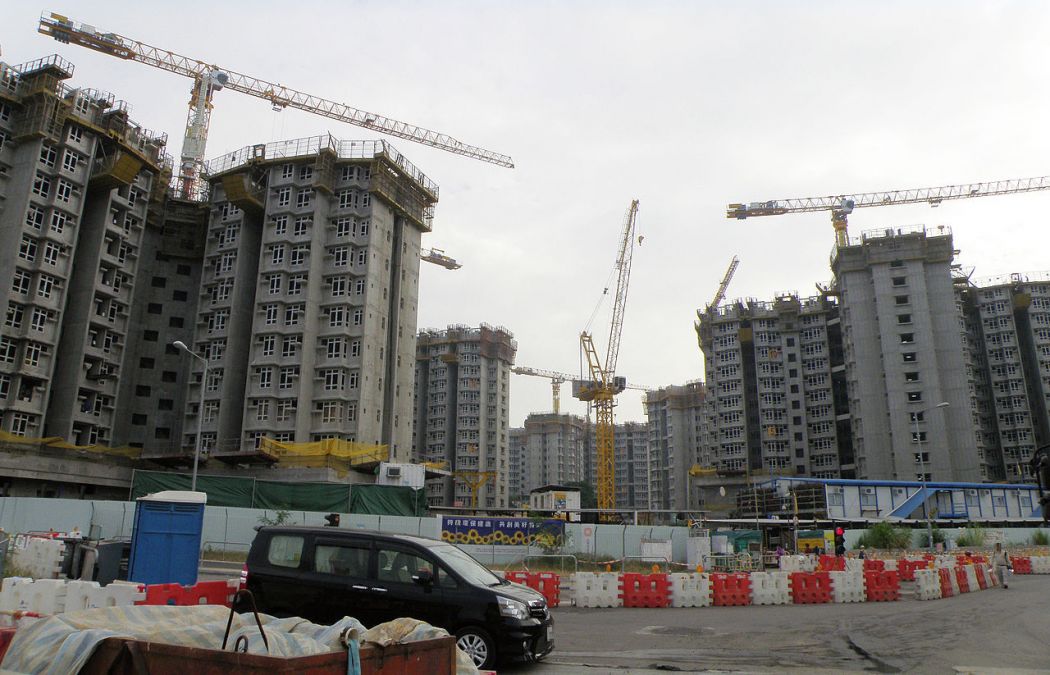Chief Executive Leung Chun-ying has welcomed leadership contender John Tsang’s clear stance on legislating a national security law in Hong Kong, but has questioned his housing policy.
Article 23 of the Basic Law was shelved in 2003 after half a million marched in protest out of fear its legislation would have a negative effect on civil liberties. Tsang has said it should be enacted by 2020 in the form of a white bill consultation, before the current Legislative Council term ends.
Leung told reporters: “Politics is a realistic thing – any candidate who wants to be appointed by the central government must obtain the central government’s trust and support, and must conduct the mission to legislate the Article 23 of the Basic Law.”

Leung said that, after Tsang stated his position, the public will understand the public image and vision of Tsang and other contenders.
Article 23 stipulates that Hong Kong “shall enact laws on its own to prohibit any act of treason, secession, sedition, subversion against the Central People’s Government, or theft of state secrets, to prohibit foreign political organizations or bodies from conducting political activities in the Region, and to prohibit political organizations or bodies of the Region from establishing ties with foreign political organizations or bodies.”

The pro-democracy camp has questioned Tsang’s position on Article 23.
“If he really wants to create a truly harmonious society, it will backfire if he is pushing Article 23,” said lawmaker Dennis Kwok, also a coordinator of some 300 pro-democracy chief executive electors. “[He] does not have political wisdom in this aspect.”
Kwok added that Tsang’s proposal added “great doubts” to the 300-odd electors on whether they will nominate him.

Major change in public housing
Tsang’s platform laid out a goal to provide public housing accommodation to 60 per cent of the population.
But Leung said that, to achieve this goal, the government cannot sell land to the market for private housing. Land development plans in the long-term would have to focus only on public housing.
“If we do not provide land to the private housing market to sell or rent flats to people, obviously both property prices and rent will increase – it will force many who have the ability to buy or rent private housing… to queue or join a draw for a public housing,” he said. “This is a major change in strategy.”
Leung added that the government’s current long-term plan was clear and scientific in that 60 per cent of the 460,000 new flats to be built in ten years will be public housing, and 40 per cent will be private.
“It is not that 60 per cent of people will be living in public housing,” he said. He urged Tsang to explain his plan to the public and explain whether any more government land will be sold.
Editor’s note: Digital media outlets such as Hong Kong Free Press are currently barred from attending government press conferences.
